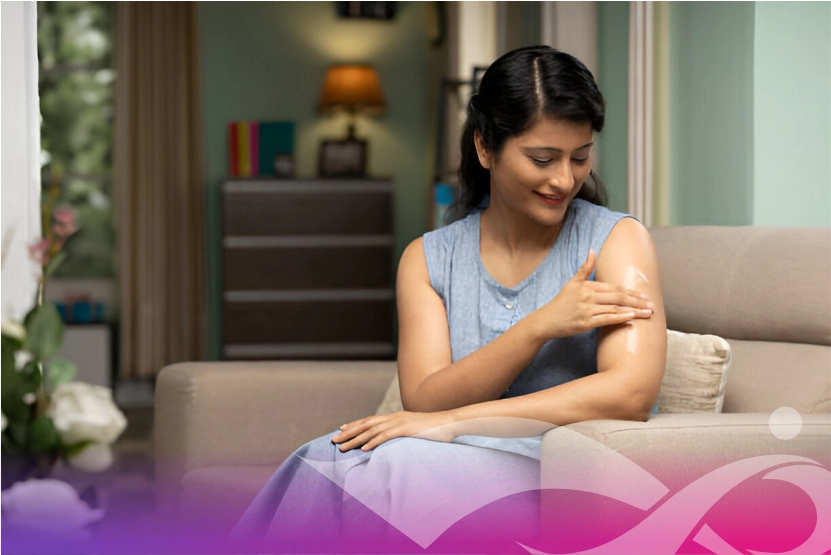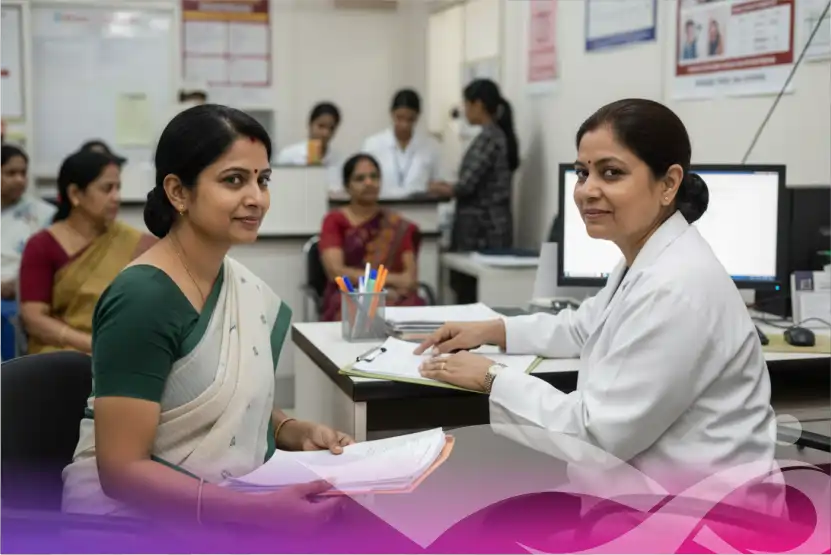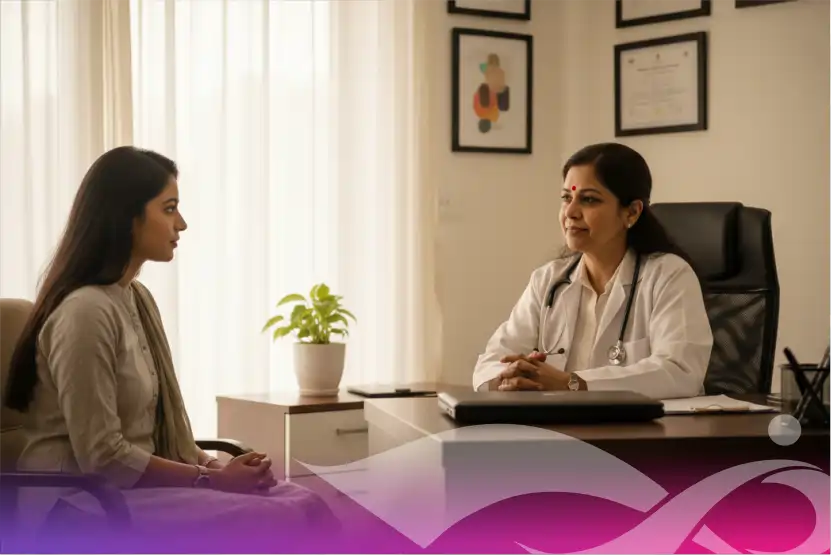If sunscreen is your skin’s shield, your daily habits are the armor that holds it all together.
At IOCI, we believe that prevention is powerful—and when it comes to skin cancer, it’s in the little things. Not just SPF bottles, but morning routines, wardrobe choices, what you eat, and how you listen to your body.
This blog isn’t here to scare you. It’s here to remind you: taking care of your skin doesn’t have to be hard—it just has to be consistent.
Sun Protection Starts at Home
Yes, even indoors.
Glass doesn’t block UVA rays entirely. If you spend time near windows, especially while working or driving, your skin is still at risk.
Here’s what helps:
- Apply broad-spectrum SPF 30+ every morning, like brushing your teeth
- Cover neck, hands, ears—not just your face
- Reapply sunscreen if you're sweating or outdoors for more than 2–3 hours
- Choose moisturizers or BB creams with built-in SPF for ease
This habit alone significantly reduces your chances of sun-triggered skin issues, including mouth cancer and skin-based squamous cell carcinomas.
Dress Smart—Your Clothes Can Help
Clothing is the original sunscreen.
- Choose lightweight, long-sleeved cotton fabrics in summer
- Use hats with wide brims instead of caps (they cover your neck and ears)
- Invest in UV-protective sunglasses
- Keep a scarf or stole handy if you're regularly exposed to sun while commuting
If you’ve had throat cancer treatment or radiation to the upper body, your skin remains sensitive for months. These simple clothing habits help avoid damage and irritation during healing.
Eat Like Your Skin Depends on It—Because It Does
Your skin reflects what’s happening inside. A healthy diet for cancer recovery isn’t just about managing fatigue. It helps keep your skin supple, hydrated, and strong enough to repair sun and environmental damage.
Skin-loving nutrients include:
- Vitamin C: oranges, bell peppers, amla
- Vitamin E: almonds, spinach, sunflower seeds
- Omega-3s: walnuts, flaxseed, fatty fish
- Hydration: lots of water, coconut water, seasonal fruits
We recommend working with our team offering oncology nutrition for cancer patients to create meal plans that protect skin while supporting immunity and recovery.
Give Your Skin a Break—Literally
- Get enough sleep (skin regenerates at night)
- Avoid harsh exfoliants or scrubs if you're exposed to the sun
- Use gentle cleansers and alcohol-free moisturizers
- See a dermatologist once a year—or sooner if you notice changes in moles, patches, or new spots
Skin cancer, when caught early, is often 100% treatable. But ignoring the signs is still the biggest risk we see at our Best Diagnostic Testing Centers.
What We Offer at IOCI
We don’t wait for problems to arise—we help you stay ahead.
Here’s how we support cancer-free, healthy skin at all our centers:
- Preventive skin evaluations
- Diagnosis of sun damage and suspicious lesions
- Coordination of skin-related Mouth and throat cancer treatment
- Post-treatment skin healing plans
- Ongoing care with diet, dermatology, and oncology experts
Schedule your preventive consultation at: Noida, Greater Noida, Mumbai, Indore, Aurangabad, Agartala, Saharanpur, Kanpur and Jodhpur.












